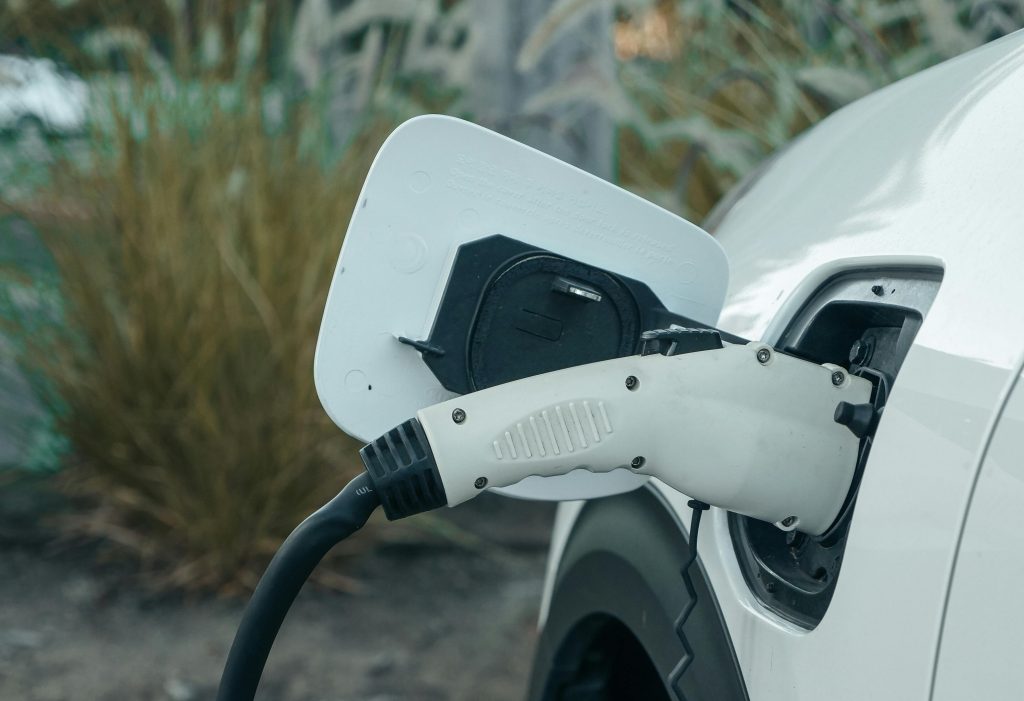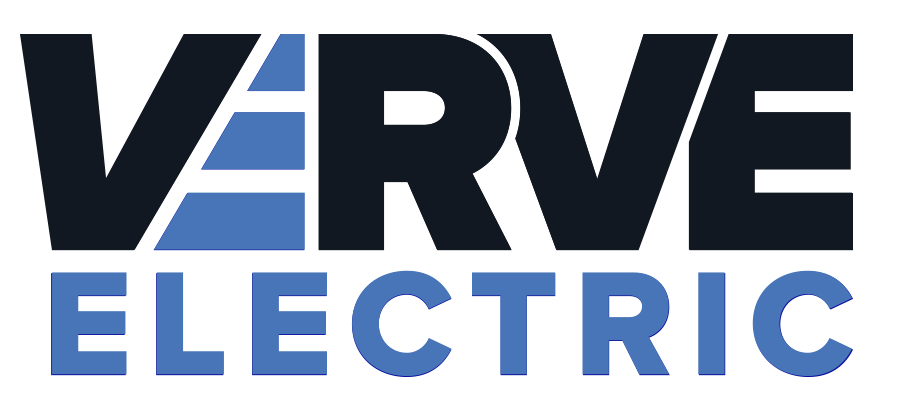How Level 2 Electric Vehicle Chargers Outperform Standard Chargers for Homeowners: Speed, Efficiency, and Cost Savings
February 18, 2025When you opt for a Level 2 electric vehicle charger, you experience markedly faster charging speeds, often adding 20-40 miles of range per hour, compared to the 2-4 miles per hour of a Level 1 charger. Level 2 chargers use 240V outlets, similar to those for clothes dryers, and can fully charge your EV in just 4 to 10 hours, whereas Level 1 chargers take 18-50 hours. These chargers achieve efficiencies of over 90%, integrating seamlessly with smart and solar technologies to optimize energy use and reduce electricity bills. By choosing a Level 2 charger, you can customize charging schedules, reduce operational costs, and enjoy substantial cost savings, making it a strategic and forward-thinking choice for homeowners. To fully leverage these benefits and understand more about the installation process, consider the electrical capacity of your home and the specific features that align with your needs.

How Verve Electric Ensures Seamless Electric Vehicle Charger Installations in Kitchener: From Consultation to Setup
When considering the installation of a Level 2 electric vehicle charger, you need to understand the significant advantages it offers over standard Level 1 chargers. Level 2 chargers, which use a 208-240v power source and a dedicated circuit, charge your vehicle up to 8 times faster, providing around 32 miles of driving range per hour of charge compared to Level 1’s 4 miles per hour.
To guarantee a seamless installation, Verve Electric begins with a thorough consultation to assess your electrical system and determine if any upgrades are necessary to handle the additional load. This process involves inspecting the electrical panel, selecting the right charger, and guaranteeing compliance with local regulations.
Level 2 Electric Vehicle Chargers
When considering the installation of a Level 2 electric vehicle charger, it is vital to work with a licensed and experienced electrician to guarantee compliance with safety regulations and proper wiring. The electrician will either hardwire the charger to your electrical panel or install a special NEMA 14-50 outlet, which can handle the 240-volt power required for Level 2 charging.
You need to select an ideal location for the charger, taking into account proximity to the electrical panel, convenience of access, and protection from the elements. This location can substantially impact the installation costs, as more wiring and custom work may be necessary if the charger is far from the panel.
The installation process also involves obtaining necessary permits and ensuring that your existing electrical service can handle the added load. The electrician will perform electrical load calculations and secure approvals from the relevant utility departments.
Definition and Charging Speed
A Level 2 electric vehicle charger is a sophisticated device designed to charge your EV at a substantially faster rate than a Level 1 charger. Here’s what sets it apart:
- Faster Charging: Delivers 3-20 kW of AC power, adding 30-50 km (20-30 miles) of range per hour.
- Higher Voltage: Uses 240V outlets, similar to those for clothes dryers, enhancing energy efficiency.
- Quick Full Charge: Can fully charge an EV in a few hours, ideal for overnight charging.
- Compatibility: Works with most EVs and integrates with smart and solar technologies.
Standard EV Chargers (Level 1)
When considering standard EV chargers, you’re likely looking at Level 1 chargers, which utilize your home’s standard 120-volt outlet. These chargers provide approximately 1.2 kW of power, resulting in a charging speed of about 3-5 miles of driving range per hour of charge. This slow charging rate, often referred to as “trickle charging,” can take 18-50 hours to fully charge a depleted battery, making them less efficient for daily use compared to Level 2 chargers.
Definition and Charging Speed
Level 2 electric vehicle chargers are a significant upgrade from their Level 1 counterparts, offering homeowners faster and more efficient charging solutions.
Here are the key differences in charging speed:
- Faster Charging: Level 2 chargers deliver 3-20 kW of AC power, adding 30-50 km (20-30 miles) of range per hour.
- Higher Voltage: They use a 240V outlet, unlike Level 1 chargers which use a 120V outlet.
- Efficient Charging: Level 2 chargers are 10% more efficient and can charge up to 19 times faster than Level 1 chargers.
- Complete Overnight Charging: They can fully charge an EV’s battery in a single night.
Charging Speed Comparison
When comparing Level 1 and Level 2 chargers, you’ll notice a significant difference in charging speeds. A Level 2 charger, operating at 240 volts, can recharge your electric vehicle up to five to eight times faster than a Level 1 charger, which uses a standard 120-volt outlet. This means with a Level 2 charger, you can gain around 12-32 miles of driving range per hour, whereas a Level 1 charger only provides about 2-4 miles per hour.
Time Savings for Homeowners
Installing a Level 2 electric vehicle charger in your home can substantially reduce the time you spend charging your vehicle, making it a crucial component for efficient EV ownership.
Here are the key time savings benefits:
- Charges up to 8 times faster than Level 1 chargers, adding 20-40 miles of range per hour.
- Refills an EV battery in 4 to 10 hours, suitable for overnight charging.
- Allows you to charge during lower rate times, optimizing your energy efficiency.
- Integrates with smart technologies for automated and scheduled charging, enhancing overall efficiency.
Efficiency
When you opt for a Level 2 electric vehicle charger, you benefit from substantially higher efficiency compared to Level 1 chargers. Level 2 chargers achieve efficiencies of over 90%, often ranging from 93% to 95%, which means you get more of the energy you pay for.
These chargers also integrate well with smart technologies, allowing you to control and monitor your charging remotely through smartphone apps, optimize your charging schedules, and take advantage of lower electricity rates during off-peak hours.
Additionally, the ability to adjust the amperage and customize charging schedules helps in managing your operational costs effectively, ensuring that your EV is charged efficiently and economically.
Operational Costs and Smart Features
How do Level 2 electric vehicle chargers impact your operational costs and what smart features can enhance your charging experience?
Level 2 chargers reduce your operational costs through efficient electricity use and smart features. Here are some key benefits:
- Electricity Costs: Variable rate charging based on time of day can lower your electricity bills.
- Maintenance Costs: Average annual maintenance fees are around $400 per charger, with options for extended warranties.
- Smart Scheduling: Customize charging schedules using mobile apps to charge during lower-rate times, optimizing cost savings.
- Network Integration: Guarantee consistent uptime and backup connectivity to avoid disruptions.
Selecting the appropriate Level 2 electric vehicle charger for your home involves a meticulous evaluation of several key factors, including your driving habits, the electrical capacity of your property, and your budget. When considering the installation of a Level 2 charger, it’s essential to assess your energy use patterns and how the charger will integrate with your existing electrical system.
Ensure that your home’s electrical panel can handle the additional load of a Level 2 charger, which typically requires a 208-240v power source and a dedicated circuit that can support up to 60 amps. If your home lacks a 240v outlet, you may need to hire a certified electrician to install the necessary wiring and circuit breaker.
For maximum efficiency and cost savings, consider chargers that support solar energy integration. This allows you to charge your vehicle using renewable energy, reducing your reliance on the grid and lowering your energy bills. Many Level 2 chargers, such as the EvoCharge Home 50, offer smart features that enable you to schedule charging during off-peak hours or when solar energy is available, optimizing your energy use and costs.
